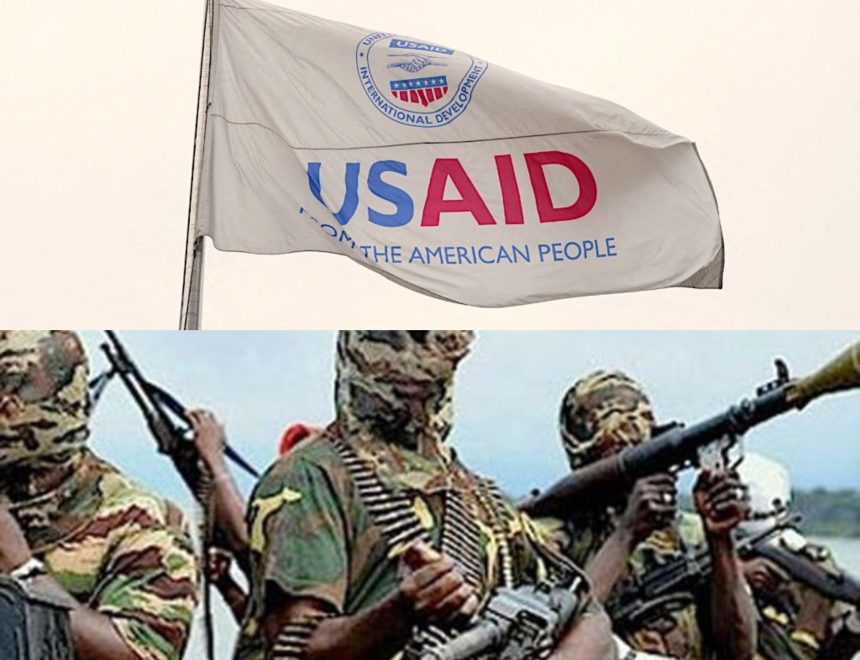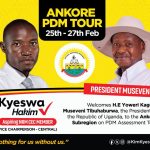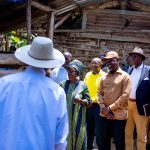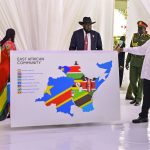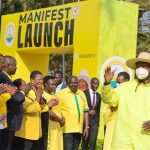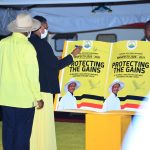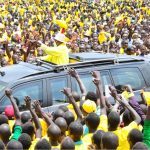Published on 25/02/2025
American Congressman Scott Perry’s reveled that United States Agency for International Development (USAID) funded the terrorist group Boko Haram in Nigeria has ignited a diplomatic storm, forcing hasty clarifications and fierce debate.
The allegation has set off a scramble within the establishment, as officials rush to contain the fallout. Amid accusations and denials, lawmakers, diplomats and analysts dissect the implications of Perry’s statement.

The controversy has sparked renewed scrutiny of foreign aid oversight and its unintended consequences in conflict zones. While Nigeria demands answers, Washington navigates a delicate balance between damage control and transparency.
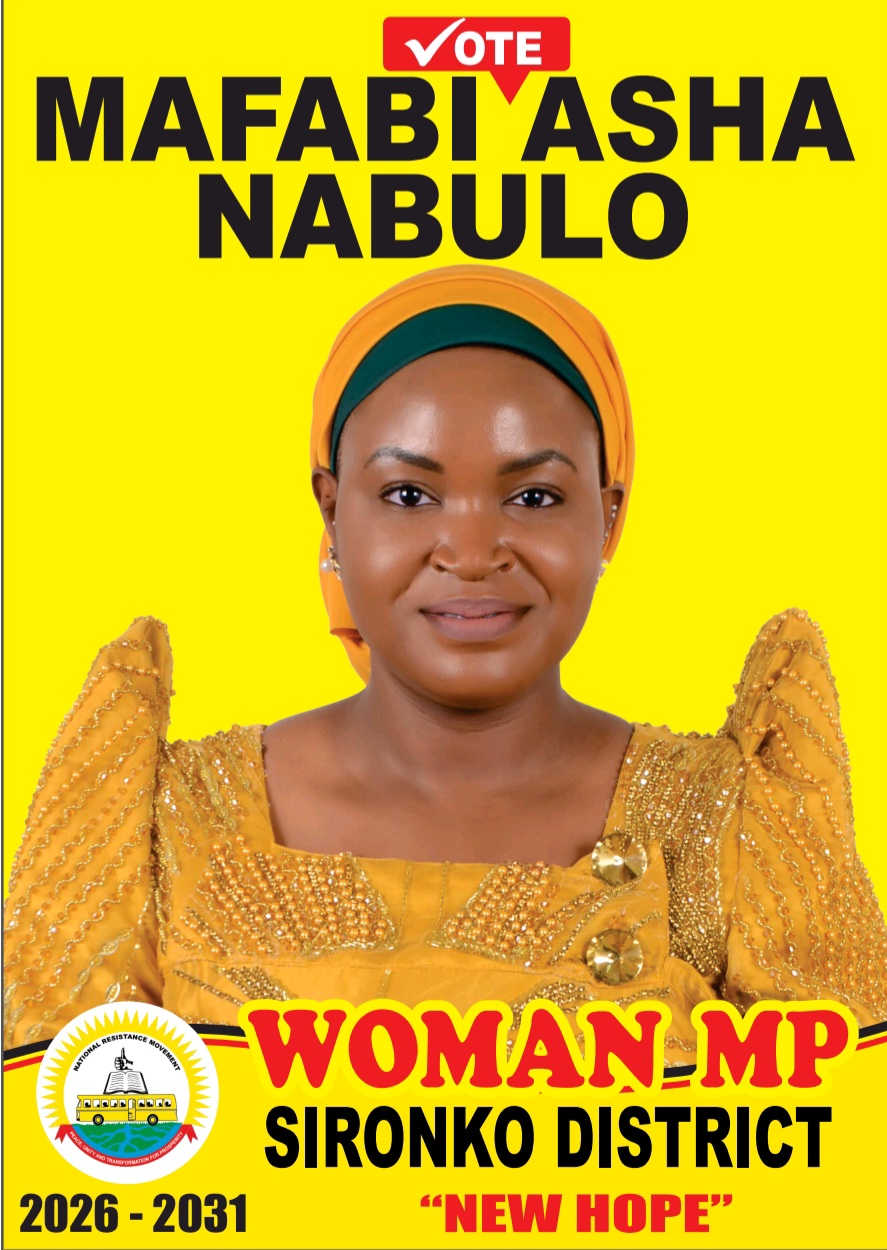
The prelude to this statement was a US House Subcommittee hearing, where the Pennsylvania Republican highlighted USAID’s operational history and labelled it a “taxpayer-funded slush fund for embezzlement and globalist excesses”.
Perry’s allegations have touched a raw nerve in Nigeria, where Boko Haram has killed over 50,000 people and forced 2.5 million to flee, with many forced to seek refuge in Niger, Chad, and Cameroon.
Legislative uproar
The Nigerian Senate has moved swiftly to deal with the “weighty and worrisome” problem of alleged USAID funding of terrorist activity within the country. It announced plans last week to summon the country’s security chiefs, including the National Security Adviser, for a high-level session.
Senator Ali Ndume from Nigeria’s northeastern region, where Boko Haram has been perpetrating atrocities since 2009, pressed for a thorough investigation. He linked Perry’s accusations to longstanding suspicions about international nonprofits aiding terrorist outfits in the region, including providing firearms training.
“[Nigerian] security agencies have raised this issue indirectly several times. The government of Borno State has always been wary of the operations of some NGOs,” Ndume said, referring to the state worst affected by the Boko Haram violence.

“We have been wondering for years—aside from raids and kidnappings— where are these terrorists getting their funds from? It’s worrisome. Now that a US Congressman has openly spoken about it, we can’t dismiss it as just an allegation.”
Hydra-headed network
In a January interview with Al Jazeera, the Nigerian military chief, Gen. Christopher Musa, flagged concerns about foreign funding of Boko Haram for almost two decades.
He ruled the fact that the Nigerian military’s efforts to rein in Boko Haram were being repeatedly foiled by “foreign countries helping them with money and weapons”.
Gen. Musa cited instances of Boko Haram fighters being “captured by the military while in possession of funds linked to powerful foreign nations, suggesting that international actors may be complicit in supporting the group”.
Former foreign affairs minister, Prof Bolaji Akinyemi, lent credence to the military chief’s assertions during a February 17 interview on Arise TV.
“I served on the Boko Haram committee, and villagers consistently told us about helicopters flown by foreigners that kept landing in Borno with arms, ammunition, and cash,” he said.
Prof Akinyemi, whose stint as foreign affairs minister coincided with the tail end of the Cold War, also reinforced the belief that successive Western powers worked to destabilise Nigeria, tracing the trend back to British colonial rule.
Skimming the surface
The American rejoinder to Perry’s truth bomb contained the expected diplomatic references, mentioning that the then US secretary of state designated Boko Haram a “foreign terrorist organisation” on November 14, 2013, “to block the organisation’s assets and fundraising efforts, prosecute individual members, and restrict their travel to the United States”.
“The United States continues to work with Nigeria and regional partners to counter terrorism,” the statement said.
While security analysts in Nigeria debate whether this effectively spells the end of a significant source of funding for Boko Haram, the cat is certainly out of the bag.
“Perry’s allegations seem heavily political, although there is no denying that some nations have historically supported terrorist groups worldwide,” Kabiru Adamu, who heads the Nigerian security advisory firm Beacon Consulting, told TRT Afrika.
Analyst and former Nigerian presidential aspirant Adamu Garba sees the disclosure as “a welcome development for Africa”.
“If you look at the list of the top 10 countries where USAID operates the most — from Ukraine at the top down to South Sudan — you will see that almost all these countries are in disarray despite the large amounts of money committed to them,” he said in a recent TV interview.
“Nigeria is a significant recipient of US aid, receiving $1.02 billion in 2023, much of it through agencies like USAID. Then, you begin to question the $824 million invested in Nigeria in 2023. Where does it go? Are we sure this money is not used for unconventional and irregular warfare?”

